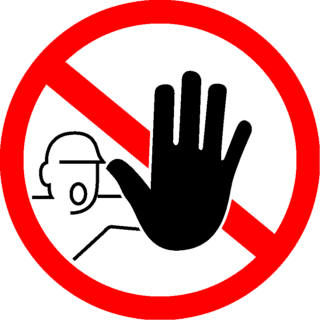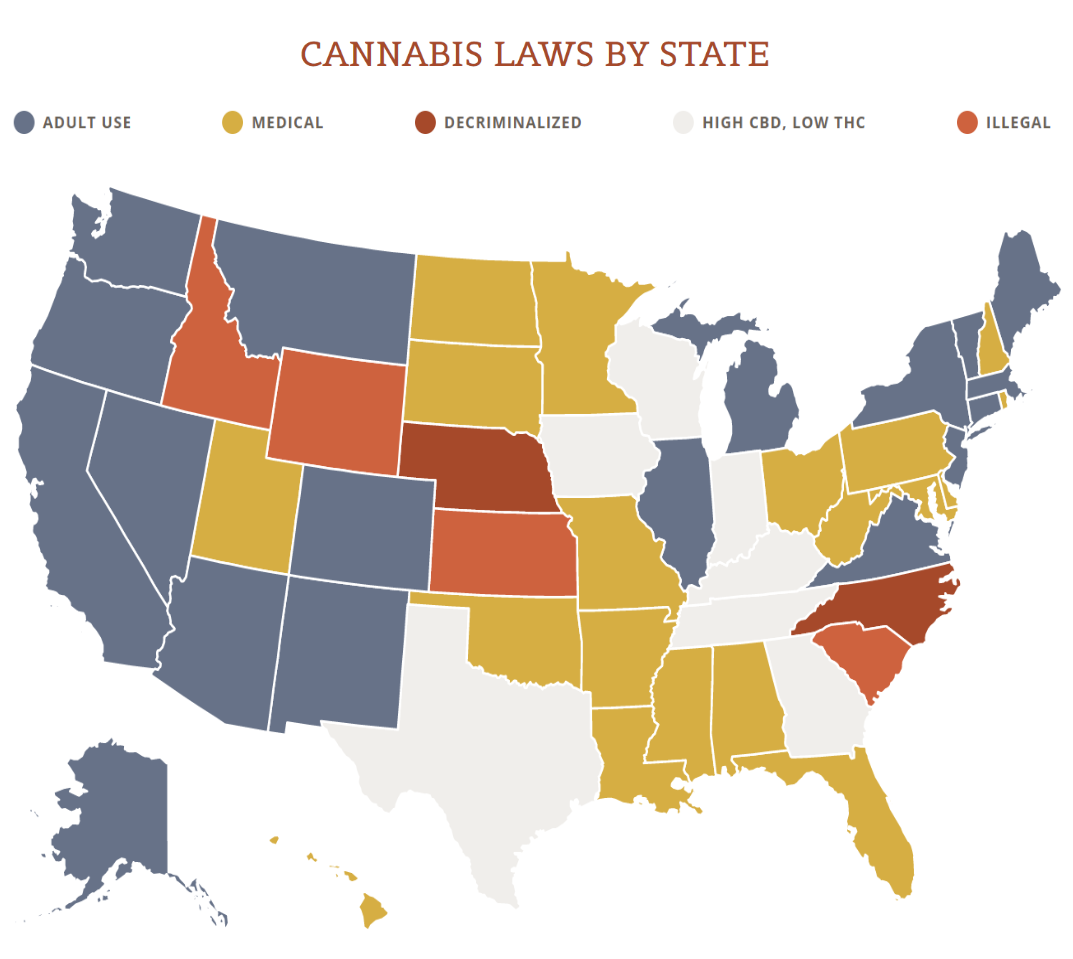 The Gorilla Glue Company and GG Strains LLC, a Nevada-based cannabis company, entered a recent settlement agreement in the trademark infringement case brought by Gorilla Glue back in March. This case provided a perfect illustration of what NOT to do when developing your cannabis brand, and it now illustrates the possible consequences of infringing the trademarks of a well-established company.
The Gorilla Glue Company and GG Strains LLC, a Nevada-based cannabis company, entered a recent settlement agreement in the trademark infringement case brought by Gorilla Glue back in March. This case provided a perfect illustration of what NOT to do when developing your cannabis brand, and it now illustrates the possible consequences of infringing the trademarks of a well-established company.
In its complaint, Gorilla Glue, the manufacturer of a variety of adhesives sold under the “Gorilla” brand and distinctive logo, alleged trademark infringement, dilution, unfair competition, and cybersquatting. The allegation was that by marketing their strains under “confusingly similar” names, GG Strains was trading off the goodwill and reputation established by Gorilla Glue over the course of 23 years.
The trademark infringement in this case appears to have been flagrant – GG Strains utilized a logo for its “Gorilla Glue #4” strain that incorporated a gorilla, and certainly conjured an association in the minds of consumers with the famous adhesive brand. But though this case involved a pretty flagrant example of trademark infringement – after all, the infringing word mark was exactly the same as the registered Gorilla Glue mark – the standard for infringement is actually significantly lower. Not only can you not use a mark that is the same as a registered trademark, you cannot use a mark that is confusingly similar to a registered trademark.
View the US Map of Marijuana Legality
We’ve written before about the standard for assessing likelihood of confusion, but it warrants repeating. The Ninth Circuit (which sets the law on this for Alaska, Arizona, California, Hawaii, Idaho, Montana, Nevada, Oregon, and Washington) in AMF Inc. v. Sleekcraft Boats, developed an eight-factor test for determining whether one mark is confusingly similar to another. Here are those eight factors:
- Strength of the mark;
- Proximity of the goods;
- Similarity of the marks;
- Evidence of actual confusion;
- Marketing channels used;
- Type of goods and the degree of care likely to be exercised by the purchaser;
- Defendant’s intent in selecting the mark; and
- Likelihood of expansion of the product lines.
Some of these factors are clear-cut, and some are highly subjective. The Ninth Circuit has repeatedly reaffirmed that this is a flexible test, but it is useful to consider these factors when choosing a name for your brand that may be similar to another registered mark. For example, if the other, similar mark is a well-known brand, or a household name, your risk of infringement goes up. If the goods you are selling are similar to the goods provided by the other brand, your risk goes up. Likewise, if the marks are very similar, if similar marketing channels are used, or if either company intends to expand into the market of the other, your risk of infringement goes up. You’ll notice that the court also considers the intent of the defendant. This means that if you knew from the outset that your mark was similar to a registered mark, the court is less likely to look favorably on your case.
In the Gorilla Glue case, the intent of the defendant would likely have been a factor weighing heavily in favor of the plaintiff. It would have been tough for GG Strains to make a case that they weren’t intentionally referencing and playing off of the brand of the well-known adhesive company.
And the consequences for GG Strains’ branding choices were serious. The settlement agreement gives GG Strains twelve months to cease using the word “Gorilla,” an image of a gorilla, or any of the “Gorilla” trademarks. After December 18th of this year, GG Strains can only use their current “Gorilla” marks preceded by a new name, together with the phrase “formerly known as.” Affiliated companies, dispensaries, cultivators and other partners must stop using the word “gorilla,” or any Gorilla Glue trademarks or imagery, and licensees of the strain have ninety days from September 19, 2017 to cease use of the gorilla word, images or trademarks.
The founder of GG Strains estimates that the dispute and rebranding costs have totaled around $250,000. And the costs would have been astronomically higher had the case proceeded to litigation. This should serve as a lesson to cannabis business owners that your brands will be treated no differently than those in any other industry. Big brand owners are taking note of what cannabis businesses are doing, and they are not hesitating to enforce their trademark rights against cannabis brands in court.
























